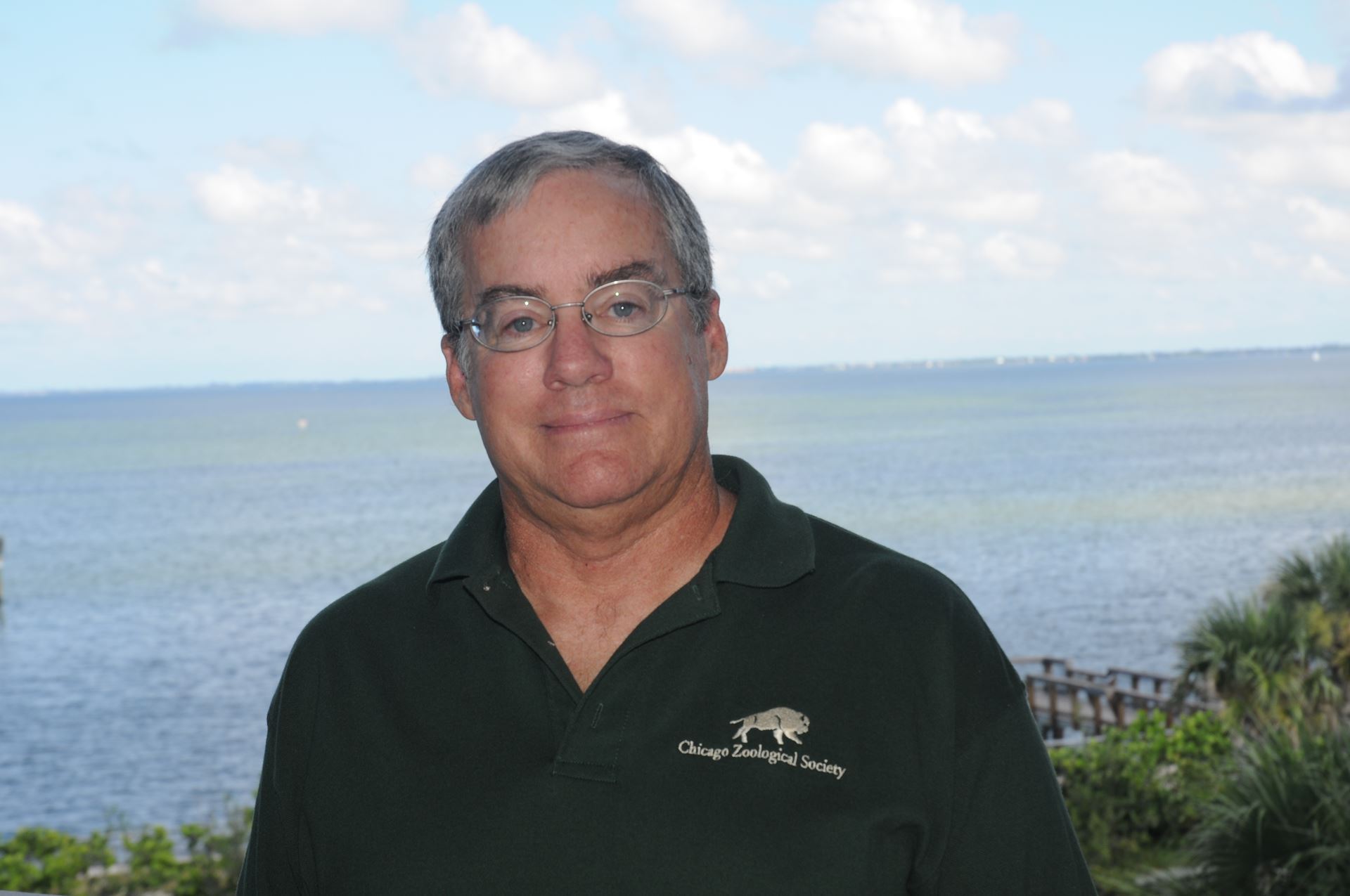While exploring the beautiful waterways of Tampa Bay during our organized trips, we get to enjoy the variety of wildlife around us. Observing pelicans, cormorants, or splashing mullets is exciting, but nothing electrifies the group like a dolphin sighting!
Would you like to learn more about these beautiful animals and the challenges they face, especially here in the Tampa Bay area? Join us via Zoom, Tuesday October 17th as we welcome Randy Wells, Director and Chairman of the Sarasota Dolphin Research Program.He will share biological, behavioral, ecological, and health data his program has gathered over the years and teach us how we can do our part to help dolphins flourish in our area.
TBSK Zoom is inviting you to a scheduled Zoom meeting.
Topic: TBSK Monthly Club Meeting
Time: Oct 17, 2023 07:00 PM Eastern Time (US and Canada)
Join Zoom Meeting
https://us06web.zoom.us/j/84863854491?pwd=N5Qj8bvbNhS4796FamWga1gIch3tjv.1
Meeting ID: 848 6385 4491
Passcode: 391326
---
One tap mobile
+19292056099,,84863854491#,,,,*391326# US (New York)
+16469313860,,84863854491#,,,,*391326# US
Randall S. Wells
Vice President of Marine Mammal Conservation, Chicago Zoological Society
Director, Chicago Zoological Society’s Sarasota Dolphin Research Program
c/o Mote Marine Laboratory, 1600 Ken Thompson Parkway, Sarasota, Florida 34236 USA
e-mail: rwells@mote.org
Biography
Randall Wells is a co-founder and directs the Chicago Zoological Society’s Sarasota Dolphin Research Program, the world’s longest-running dolphin conservation research program. He began studying bottlenose dolphins in Sarasota Bay, Florida, as a high school volunteer at Mote Marine Laboratory in 1970. Wells received his Bachelor’s degree in Zoology from the University of South Florida in 1975, his Masters in Zoology from the University of Florida in 1978, his PhD in Biology from the University of California, Santa Cruz in 1986, and he was awarded a post-doctoral fellowship with Woods Hole Oceanographic Institution in 1987. Wells joined the Chicago Zoological Society staff in 1989. Wells’ current research program uses a collaborative approach to examine the behavior, social structure, life history, ecology, health, and population biology of bottlenose dolphins along the central west coast of Florida, with studies focusing on up to five concurrent generations of a locally resident, ~170-member dolphin community. Recent research topics include the effects of human activities on coastal dolphins, such as boat traffic, fishing activities, human feeding of wild dolphins, and environmental contaminants, and the impacts of other environmental disturbances such as red tides; he and his team are called upon by NOAA to lead rescues of entangled dolphins. He has conducted research on a variety of marine mammals including spinner, Atlantic spotted, franciscana and other dolphin species, vaquita porpoises, bowhead, humpback, blue, and gray whales, and manatees. Wells has authored or co-authored 4 books and more than 320 peer-reviewed scientific journal articles and book chapters. He has been presenter or co-author of more than 775 presentations at professional meetings or invited public or university lectures. Wells is past-President of the international Society for Marine Mammalogy, and in 2022 received the Society’s Kenneth S. Norris Lifetime Achievement Award. He has been the major advisor or served on the committees of 77 graduate students. Wells also serves on the Committee of Scientific Advisors on Marine Mammals for the U.S. Marine Mammal Commission, on the NOAA/USFWS Atlantic Scientific Review Group, and he is past-chair of the NOAA/USFWS Working Group on Marine Mammal Unusual Mortality Events. Wells serves on IUCN’s Cetacean Specialist Group, and on the Steering Group for the national Animal Telemetry Network.
